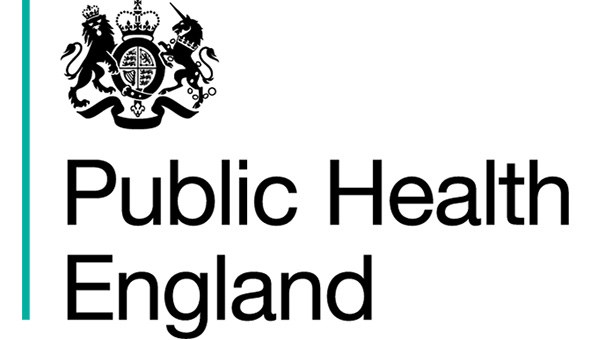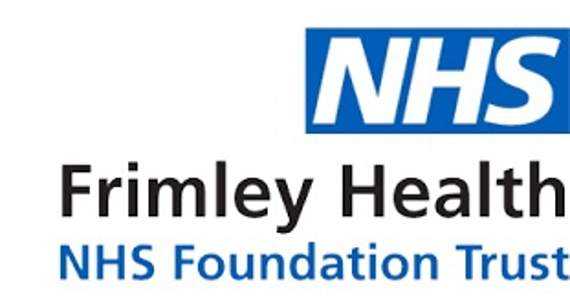In humans, carbon monoxide (CO) exposure is difficult to study experimentally since the amount of CO that it is ethical to deliver is limited. Animal models have proven useful for the understanding of CO effects, but to fully understand how CO impacts human health we must also study its effects directly on human physiology.
For this project, a custom-made CO chamber has been developed in the lab. This will enable data to be gathered on how low-level, chronic CO exposure can cause cardiac abnormalities in the chick embryo.
A thickening of the heart ventricular walls and reduced heart weight at very low CO levels has been seen (8ppm and 1ppm, respectively; manuscript in preparation). This work was carried out to improve understanding of how CO air pollution links to congenital defects in humans, which has been seen in some epidemiological studies, and to explore the feasibility of a CO exposure chamber.
The project builds upon this study: extending the existing prototype chamber system to permit experiments on human cells in dishes. A CO exposure chamber that can combine animal and human cell experimental work will allow observation of CO impact at all levels and durations, both in living models and in living human cells and tissues.
This will deliver a new flexible approach for researching how CO impacts human health and disease development, which can be used to directly investigate biological mechanisms and possible treatment targets.
The work has three parts:
- Build a novel CO-exposure chamber system, compatible with animal and human cell/tissue research, based on the prototype system. This system will incorporate elements required for cell culture work, such as carbon dioxide control, mechanisms for continuous CO sampling and adjustment, and the potential for running parallel control experiments
- Verify the CO chamber system in a known animal model (chick embryo) and also explore mechanisms underlying CO-induced cardiac damage previously shown in the embryo. This will expand our understanding of how CO causes cardiac abnormalities in the embryo, thus significantly adding to our current knowledge on the impact of CO exposure in pregnancy
- Obtain proof-of-principle data by testing the CO chamber system in human cells (oral and lung cells, both well-described cell lines). This will permit the study of CO impact in a range of human cells/tissues, and consequently human diseases.
The project will thus develop a new research strategy that greatly extends the capability to study the role of CO in disease. The CO chamber will be low cost to run, making it suitable both for large studies and the gathering of pilot data.
It has great potential for use across biological disciplines, from animal to cancer research. In addition, this project will directly extend our understanding of how CO causes cardiac malformations in the embryo, and how it affects human cell growth and function.
























